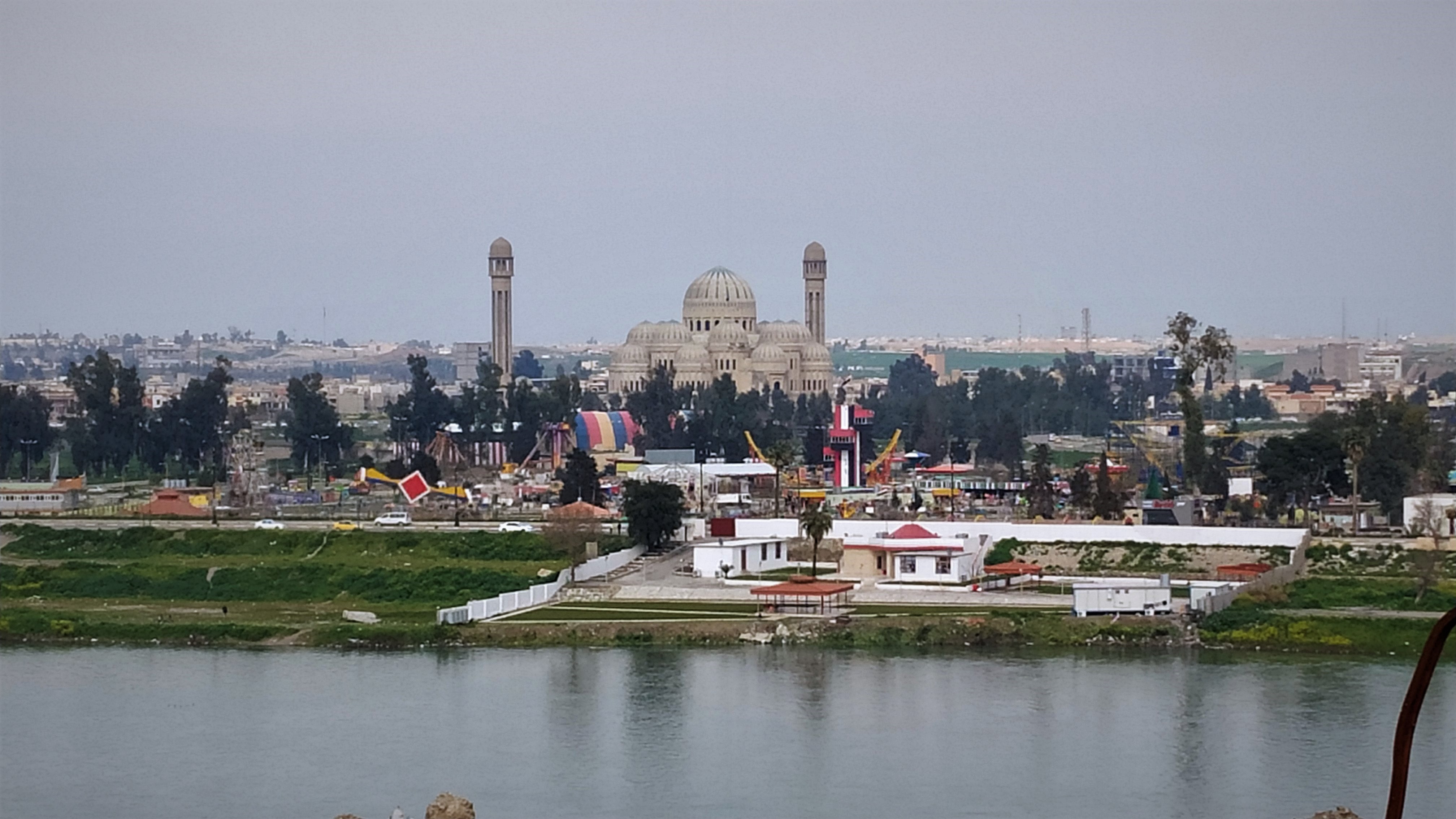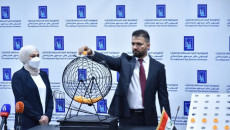The main three Kurdish political parties nominate 21 candidates who along with two independent candidates compete for over 10 seats out of the 31 seats of Ninewa province in Iraqi parliament.
In the province of Ninewa, 2.33 million voters out of 3.8 million Arabs, Kurds and Turkmens will vote in eight electoral districts where the Kurdish parties have nominees in seven districts for October 10th parliamentary elections.
The Kurdistan Democratic Party KDP, led by Masoud Barzani, has 14 candidates in seven electoral districts. The KDP has got 6 seats in 2018 elections yet looks for 9 seats this time. The patriotic union of Kurdistan PUK, led by Bafel Talabani son of late Iraqi president Jalal Talabani, along with Gorran (Change) Movement has formed Kurdistan Alliance and nominated seven candidantes for Ninewa.
The PUK has got only one seat in 2018 and looks to get five seats in Ninewa.
KDP: We aim at 8-9 seats of Ninewa
Manaf Hassan, in charge of election department for KDP office number 14 in Mosul currently based in Duhok following October 2017 events in which Iraqi government took over control over the disputed territories between Baghdad and Erbil and ousted the Kurdish parties, said they have 14 candidates, 10 men and four women out of which 4 candidates are from Arab community.
"We and Kurdistan alliance are the only Kurdish parties taking part in elections in Ninewa. Per our figures, we will get 220,000 votes in seven electoral districts."
Hassan said a committee of KDP is back to Mosul to launch electoral campaigns "yet we are not officially back and have not opened our office there."
Per our figures, we will get 220,000 votes in seven electoral districts
Three extra seats in Ninewa are allocated for the Christian, Ezidi and Shabak communities.
The KDP is confident that the new electoral system of districts will not affect its voters since they are based in most of the districts according to 2018 voting figures.
The new electoral law ratified last November, a key demand of demonstrators in 2019, changes each of the country’s 18 provinces into several electoral districts in order to prevent parties from running on unified lists, which has in the past helped them easily take all the seats in a specific province. Instead, the seats would go to whoever gets the most votes in the electoral districts.
The 329-member house of representatives was elected in May 2018. The vote is held every four years, but the protesters have been demanding early elections.
Kurdistan alliance: 7 candidates for 5 seats
Kurdistan alliance has nominated 7 candidates, out of whom 4 are women, for seven electoral districts in order to win five seats.
In each electoral district, a quota seat is for a woman candidate which gets higher votes among women candidates.
"We aim at 5 seats… what is important for us is the Kurds to win 10 seats in order guarantee the power of Kurds in Ninewa. We look for five seats for which we are leading wide campaign," said Nasrwlla Sourchi, head of PUK office in Mosul.
The Independent High Electoral Commission IHEC has registered 401 candidates for Ninewa province and has named 750 ballot stations.
2 independent Kurdish nominees
Riyadh Kakai, in charge of political parties and collations' affairs in Ninewa office of IHEC, said that two independent Kurdish candidates are taking part in the elections beside KDP and Kurdistan alliance.
Seven Ezidi nominees, six Christians and eight Shabak rival to get the only seat allocated for each community in Ninewa, Kakai added.
Upon one of the key demands of Iraq 2019 protests, the Iraqi parliament has amended the election system from provinces into electoral districts where 19 provinces were divided into 83 electoral districts. Out of 40 million population, 25 million eligible voters run to the ballots to elect only 329 members out of 3,234 nominees into Iraqi parliament.






